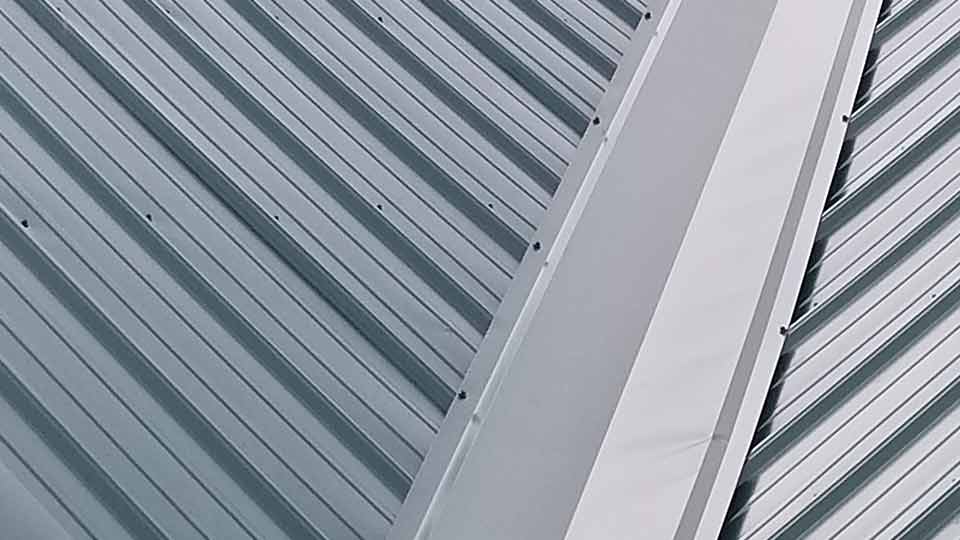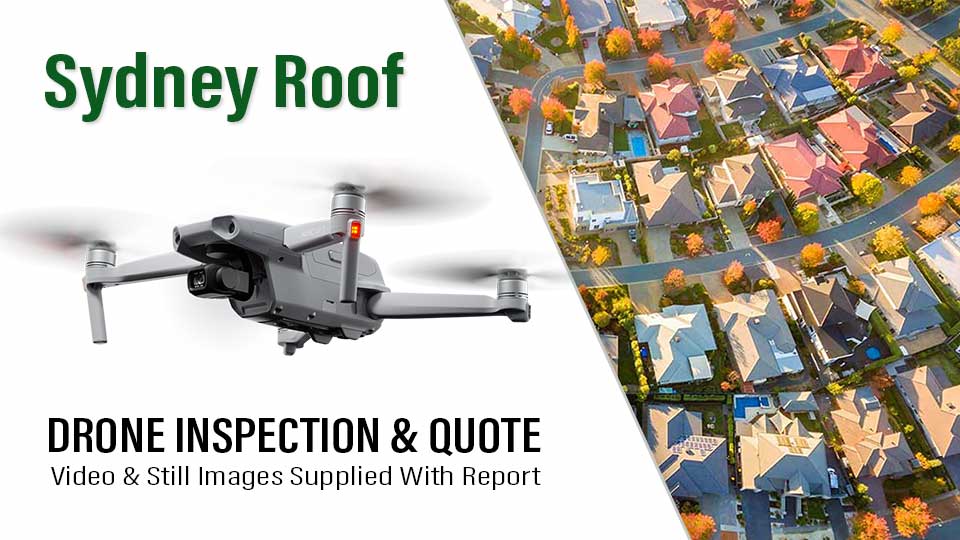Why Get a Zinc Roof?
Though not exactly new, metal roofing has enjoyed something of a rebirth in recent years. Many factors have gone into this growth in popularity, such as an increase in self-build houses where the owner wants a unique look, and a general trend toward more modern-looking architecture. Metal roofing is not just one option, of course. There are several different styles and materials that can be chosen from. One such choice of material is zinc, but what are the properties of zinc roofing, and what advantages would a zinc roof give you over something like copper, or steel?
Zinc is a corrosion-resistant metal that is easy to shape, more environmentally friendly than other metals, and does not rust. Given all of these properties, it is easy to see why this might be a popular roofing material. If you’d like to learn more about this remarkable metal, keep reading!
Metal Roofing
Many different methods have been used to create roofing throughout our history, from thatch to wooden shingles, from stone to terracotta tiles. In terms of residential buildings—which tend to be among the more affordable buildings in a society—tiles have been ruling the roost for a long time now. Metal roofing has seen plenty of use, of course, but there are far more houses than there are theatres in the world, and houses tend to sport tiled roofs.
That has been slowly changing in recent times, with metal roofing become more and more favourable for roofing material, both on large, grand architectural projects and residential builds alike. There are several reasons why metal roofing is appealing to many—reasons we’ll dive into in more detail for zinc roofing specifically below—but it is worth noting that metal roofing solutions are available that mimic the appearance of the roof tiles. This is worthy of a mention because it illustrates the fact that the properties of metal roofing are so desirable that even people who prefer the aesthetics of a tiled roof can be swayed by the other properties of metal roofing.
The most common materials used for metal roofing are;
- Copper
- Aluminium
- Zinc
- Steel
Each of these metals has its own set of advantages and disadvantages when compared to the other metals, but they all share broadly the same advantages when compared to non-metal roofing. These advantages include being generally less expensive, more durable and, depending on the metal and how it is maintained, longer-lasting.
Metal roofing also allows for a more interesting and varied world of architectural possibilities than something like tiles or shingles. For example, the overlapping nature of tiles means that it is not feasible to install them on surfaces that are not flat. Metal roofing can be shaped to suit the profile of the roof, allowing for things like curved roofs.
But that’s enough of a primer on metal roofing, let’s take a look at zinc roofing specifically.
The Advantages of Zinc Roofing
Metal is not perfect when it comes to roofing. Though not applicable to every metal roofing material out there, a number of negative traits are nonetheless associated with metal—traits like rust, corrosion, and a generally cold, industrial feel. The cold, industrial nature of metal is one that is unwarranted in this particular application, as anyone who has seen a good example of residential metal roofing will be able to attest. Rust and corrosion, on the other hand, are concerns that are applicable to certain types of metal roofing. There are other factors, such as the acoustic properties of the roof, the difficulty in transporting the material, and the environmental impact of making the metal. As we’re about to explain, zinc ticks many boxes that other metal roofing materials don’t. Here are the main advantages of zinc roofing.
Better for the Environment
Metal-making is not a gentle process. Converting metal ores to metal and then working that metal into a form that is useable takes a lot of energy, and that energy takes its toll on the environment. Even if the energy was being supplied via entirely renewable means, the process still involves producing a lot of heat, which is not ideal for the environment in and of itself.
While zinc is not perfect in this regard, it has a melting point that is lower than other metals, which may seem like an unimportant factor but it means that it requires less energy to work zinc than it does for something like steel. It also produces non-toxic runoff, which is obviously a bonus.
Zinc is also one of the most durable and long-lasting of the metal roofing options out there, which is both a money saver for homeowners, as the roof will not need to be replaced as often, but also a boon for the environment. Manufacturing any product that is not one hundred percent recycled takes its toll on the environment, so the longer the lifespan of existing products, the better it is for the environment. Zinc is also lighter than other metal roofing options, meaning it requires less energy to transport—something that translates to both fewer transportation costs and less damage to the environment.
Finally, when zinc roofing is past its best and needs replacing, as much as ninety-five percent of the metal can be preserved, making it one of the most recyclable metal roofing options available. All of this adds up to zinc roofing being one of the greenest roofing options available, which is a big plus in a world where humanity is increasingly aware of the damage it is doing to its environment.
Rust, Corrosion, and Moisture Resistant
The truth is no metal roofing should succumb to rust or corrosion if it is a quality product and the roofing is properly maintained. Even highly reactive materials like steel will be treated to prevent rust and corrosion. Unfortunately, even the best coating can wear away over time, or be damaged and expose the bare metal underneath. If the maintenance of the roof is a little lacking, this can quickly develop into a spreading problem that can reach a stage where it is more practical to replace the whole panel rather than repairing the one that is damaged.
Zinc roofing is highly resistant to corrosion and barely reactive to water. Zinc roofing will often be coated in some way or another, even if it is just regular paint for aesthetic reasons, so you will still have that extra layer of protection. But if that layer should become damaged, you can rest easy knowing that the underlying zinc metal is not going to just disintegrate when it comes into contact with the elements.
Easier to Shape
Zinc roof panels have the useful property of being highly malleable while not losing its durability. Many metal roofing solutions—corrugated roof panels in particular—can only be installed in flat sections, reducing the range of potential designs to an angular, boxy affair. With zinc roof panels, the metal can be shaped to create vaults and curves, greatly expanding the scope of what can be achieved with the overall design of the roof.
Wide Range of Styles
Zinc roof solutions can come in a wide range of styles. One of the most popular is the standing seam style, which gives the look of a mostly flat surface with regular seams and is both modern feeling and attractive. That being said, zinc roofs can be done in a variety of other styles, such as corrugated for that industrial look, and tile mimicking designs to get something more akin to that traditional tiled roof look.
Self-Healing Properties
This one may sound a little wild, but zinc can actually self-repair in a way. Granted, we’re talking about very mild damage—light scratches or minor environmental damage, that kind of thing. Zinc naturally forms a patina called hydroxyl carbonate that is the main reason zinc does not corrode or react to moisture. When this layer is scraped or scratched away, exposing the raw, unprotected zinc underneath, the patina naturally reforms, thus protecting the exposed zinc in exactly the same way as it was protected before.
Now, if a tree falls on your house and a branch punctures a hole in your roof, this self-repairing property will not be of much help. But for the kinds of minor damage that can naturally occur over time on any roof, this aspect of zinc promises less maintenance over the lifetime of your roof.
Final Thoughts
As with most things in life, there are plenty of reasons to choose a different roofing solution the next time you need to have a roof built or replaced. For one thing, zinc tends to be more expensive than, for example, steel. You may also just not like the look of metal roofing, in which case you would have to weigh up the visual aspect against the other advantages we have mentioned.
However, all things considered, it is hard to make a solid argument against zinc roofing as one of the best solutions for roofing these days. It is a cost-effective option that is relatively low maintenance and more environmentally friendly than many of the other options.




